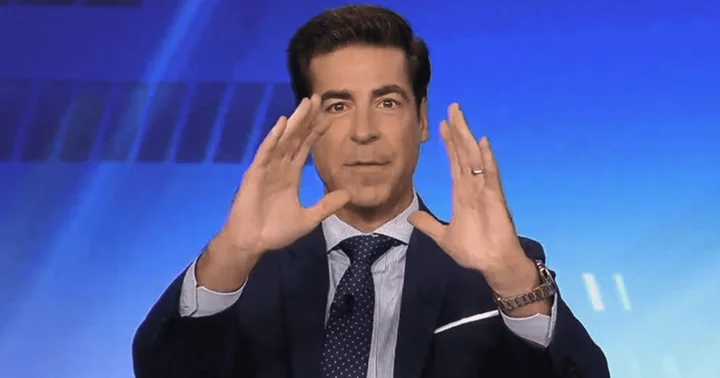The Marion County Record has been "vindicated."
That is what the weekly newspaper's publisher, Eric Meyer, told KSHB-TV's Jessica McMaster on Wednesday, immediately after learning that the top prosecutor in Marion County had withdrawn a search warrant executed on the publication's office last week — a move that quickly sparked outrage and condemnation — and returned all seized items.
"[I'm] feeling like democracy won," Meyer said, adding that his 98-year-old mother, a longtime editor at the newspaper who died the day after police raided her home, "didn't die in vain."
It's difficult to see the story through a different lens. The prosecutor overseeing the case, Joel Ensey, said in a statement that after reviewing the police force's application for a warrant, he had also "come to the conclusion that insufficient evidence exists to establish a legally sufficient nexus between this alleged crime and the places searched and the items seized."
In other words, there should never have been a search warrant executed on the small — but feisty — Kansas publication, as First Amendment advocates had insisted all along. Raids on news organizations, big or small, are exceedingly rare in the US and the Friday seizure of computers, cell phones, and other material from the Marion County Record generated enormous backlash.
In a statement, Clayton Weimers, the executive director of Reporters Without Borders, which has been following the case closely, applauded the move to withdraw the warrant, but called for a greater explanation as to how the search and seizure was allowed to be conducted at all.
"This raid appears to have been a massive abuse of power by local authorities to shutter a local newspaper they didn't like," Weimers said. "RSF welcomes the withdrawal of the search warrant and the return of the Marion County Record's property, but we still need answers as to how this happened. Law enforcement cannot simply raid media organizations at will."
In a conversation with CNN's Jake Tapper, Meyer signaled that the fight between the publication and county isn't over quite yet. Meyer said that the returned computer equipment had been sent to a forensic expert to ensure "nothing was done to them." And Meyer signaled that the newspaper might take legal action against the county.
It's "still up in the air," Meyer told Tapper, in response to a question about whether the outlet will file a lawsuit. "I think it's quite possible because there needs to be a clear line that this is not allowed."
Meyer suggested that the fight between his newspaper and county could help other outlets, particularly those that are smaller across the country, by setting an example showcasing an abuse of power by authorities.
"A smaller newspaper might be easily intimidated by this," Meyer told Tapper. "And the bigger statement we can make off of this, the more they're likely to stick up for their rights."
As Meyer said, abuses of power by law enforcement can happen to any journalist or news outlet, no matter how big or small. Press freedom in the US has slipped in recent years, according to RSF, which releases an annual report ranking countries on such grounds. In 2023, the US ranked 45 out of 180 countries, falling three places from 2022.
In this particular case, Meyer acknowledged that the story could have ended with a far worse conclusion for the newspaper had press freedom groups and others not rushed to its aid. He credited the enormous support that the newspaper received for helping it emerge victorious.
"If it weren't for the outpouring of support we got on this," Meyer told McMaster, "we'd probably be out of business by now."









